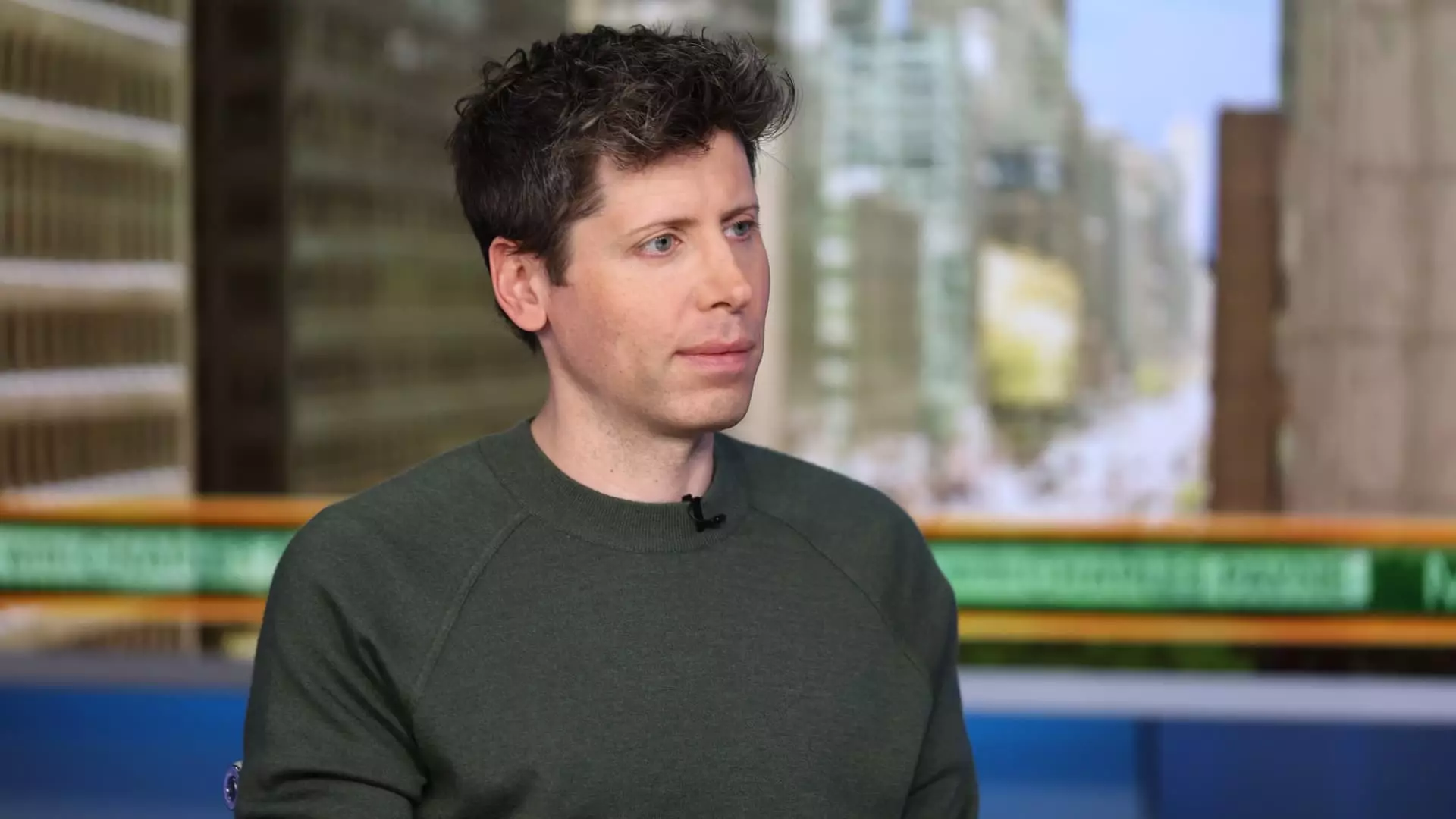In a shocking turn of events, Ann Altman, the sister of OpenAI CEO Sam Altman, has brought forth a multitude of serious allegations against her brother, claiming she was sexually abused by him from 1997 to 2006. This lawsuit, recently filed in the U.S. District Court for the Eastern District of Missouri, has sent ripples through the tech world and beyond, raising questions about familial relationships, mental health, and accountability. The nature of the claims is harrowing, with Ann alleging that the abuse began at a young age—only three years old—when Sam was twelve, focusing on multiple incidents of severe misconduct that reportedly happened several times a week.
The purported incidents began with reports of oral sex and escalated to penetrative acts, creating an alarming narrative of abuse that encapsulates a decade-long ordeal. Ann’s accusations resonate with profound implications, not only for the Altman family but also for the growing discussion around mental health issues and the impact of trauma. Ann’s spokesperson, Ryan Mahoney, has positioned the lawsuit as a means to seek justice and accountability, requesting a jury trial and damages exceeding $75,000.
In response to these allegations, Sam Altman, along with his mother and siblings, issued a vehement denial via a social media statement. They characterized Ann’s claims as “deeply hurtful” and utterly unfounded, revealing the familial fracture that these accusations have intensified. The statement expresses sorrow over the distress these claims have caused the entire family, suggesting that Ann may be struggling with serious mental health challenges. This aspect of their response, while perhaps an attempt to contextualize the allegations, warrants a more profound examination of the interplay between mental health and familial dynamics.
The family’s assertion that Ann refuses conventional treatment paints a complex portrait of both victimhood and family dysfunction. On one hand, this raises questions about Ann’s mental state and whether it influences her claims. On the other, it risks overshadowing the seriousness of her allegations, forcing a public discourse that may lead to victim-blaming. As society increasingly recognizes the nuanced layers of psychological trauma, the need for a compassionate yet critical approach to such allegations becomes paramount.
Sam Altman, who has recently garnered international attention for his role in spearheading OpenAI and the launch of its revolutionary product ChatGPT, finds himself in uncharted territory due to these allegations. His leadership has positioned OpenAI as a leading player in the tech landscape, attracting significant investments and skyrocketing company valuations. However, the serious nature of these claims may turn public perception against him, placing personal issues on a collision course with professional reputation.
Moreover, it is essential to consider how these accusations might impact the perception of the technology sector itself, known for its significant disruptions but also its less visible societal challenges. The merging narratives of corporate success and familial strife force a critical inquiry into the morality and ethics people often overlook when focusing solely on financial successes and technological achievements.
The litigation brought by Ann Altman also paints a broader picture of the legal complications that frequently entangle high-profile individuals, particularly in the tech industry. Notably, this isn’t the first legal challenge Sam Altman has faced. Earlier, Elon Musk, co-founder of OpenAI, sued him along with others for alleged breaches of fiduciary duty, which further complicates the corporate landscape surrounding OpenAI. Musk’s motivations stem from a perceived deviation from OpenAI’s original mission and the transition toward a for-profit model.
As one navigates this intricate web of controversy, one must consider how reputational fallout, especially in cases like this, influences not just the involved parties but also the functioning of their respective organizations. The public’s perception, the media framing, and the personal narratives of all parties can collectively shape the landscape of accountability and justice in both family and corporate contexts.
The unfolding events surrounding Ann and Sam Altman call for extensive reflection on the delicate balance between personal integrity and professional accountability. They prompt society to reassess how allegations of this nature are treated both within families and the broader public sphere. As the legal proceedings advance, the combination of familial strife and corporate ambition could redefine public trust in leaders within the tech industry, inviting discourse on the responsibilities that come with traction and fame. As this situation evolves, observers should remain primed for the complexities that lie ahead, advocating for justice while considering the multifaceted layers at play in such highly charged allegations.

